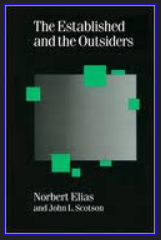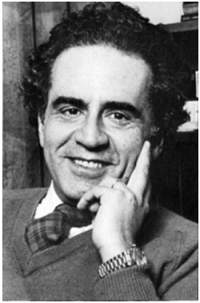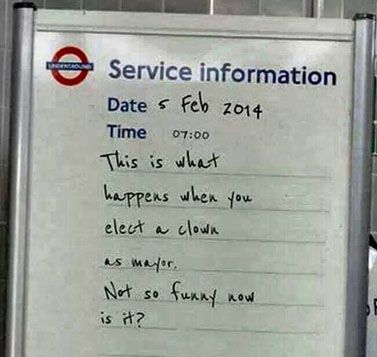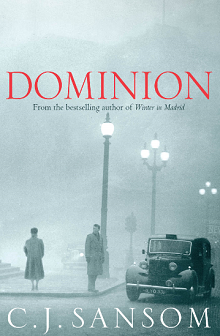Dear Ms McKenna,
We were dismayed yesterday to find a letter from TV Licensing lying outside our back door that said "you are hereby given official notice: your property is now under investigation" and threatened us with court action. Why was this? Is disconnecting oneself from the BBC really such a subversive act?
We do not have a TV, informed you of this, and confirmed it to Debbie Beckett of Customer Services in May, when we wrote that we would be happy to receive a visit as long as we have 48 hours’ notice. I do not think this is excessive – it is equivalent to the notice landlords have to give their tenants before they or their agents enter the property.
The visit will take place while I am there. No agent will be admitted to the premises when I am out unless they are in possession of a search warrant signed by a magistrate, which we will subsequently challenge. The visit will be filmed and may be put on the web. Should you take us to court on any pretext I will put regular updates of the proceedings online.
We do not watch any TV as it is being broadcast. We have drastically cut down on the BBC TV we watch afterwards on i-player and watch almost no commercial TV. We have been irritated by BBC bias, ageism and misogyny for some time, but for us the final straw was the lengths to which the BBC went to protect its reputation from the activities of Jimmy Saville, to the detriment of his victims.
Finally, I wish to put in a Freedom of Information request for all information in all formats you hold on our house, with details of how you got that information. I also wish to know what organisations or agents you are using to gather this information, which powers they are using and on what basis.
Yours
Gerry Dorrian








